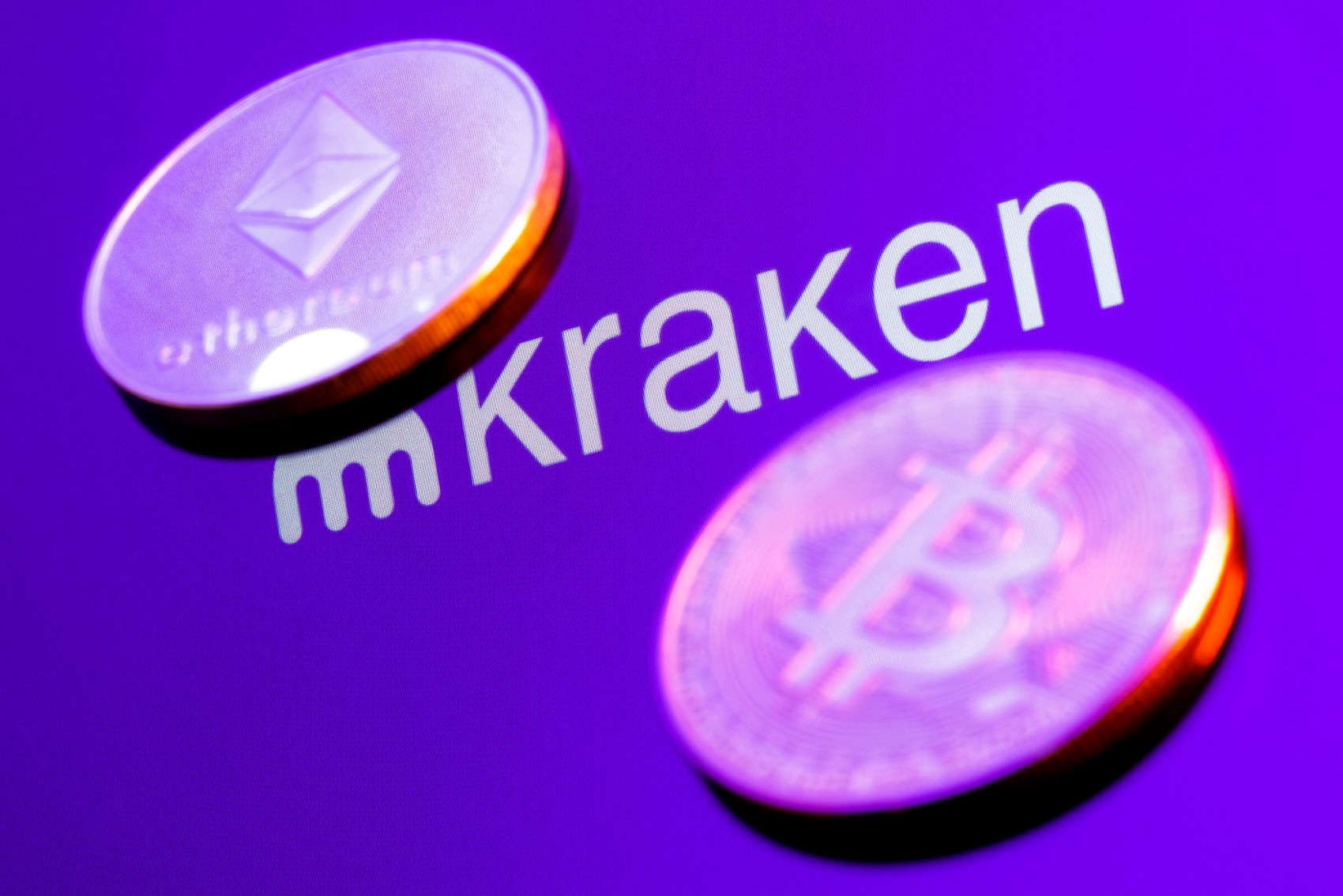Japanese cryptocurrency exchange DMM Bitcoin is shutting down following a devastating security breach in May 2024, which resulted in the theft of 4,500 Bitcoin, valued at $305 million at the time. The hack, attributed to the North Korean cybercrime group Lazarus, marks one of the largest crypto heists in Japan since the Coincheck hack in 2018. Despite the financial loss, DMM Bitcoin has assured customers that their assets remain safe and will be transferred to SBI VC Trade, a subsidiary of SBI Group, by March 2025.
Steps to Secure Customer Assets
In the wake of the breach, DMM Bitcoin restricted services such as cryptocurrency withdrawals and spot trading to mitigate further risks. After securing financial support from its parent company, DMM.com, to cover the losses, the exchange announced its liquidation. Rather than risk prolonged uncertainty for customers, DMM Bitcoin agreed with SBI VC Trade to oversee the transfer of 14 cryptocurrencies available on the platform. This move aims to provide a seamless transition for users and restore some confidence amid the crisis.
SBI VC Trade, a reputable name in Japan’s crypto ecosystem, has committed to integrating DMM Bitcoin’s operations into its platform. This will ensure continuity for affected users. The timeline for completing the transfer has been set for early 2025, and clear communication is promised throughout the process.
Impact on Investor Confidence
DMM Bitcoin’s decision to transfer assets has been lauded as responsible. Nevertheless, the hack itself has dealt a significant blow to investor confidence. The incident raises concerns about the vulnerabilities of centralized exchanges, even in a highly regulated environment like Japan.
The breach has reignited discussions about the security measures implemented by crypto platforms. DMM Bitcoin’s compromise is a stark reminder that even established exchanges are not immune to sophisticated cyberattacks. For users, the event underscores the importance of diversifying storage solutions, such as using hardware wallets, to mitigate risks.
Broader Implications for the Crypto Industry
The hack and subsequent closure of DMM Bitcoin have drawn comparisons to past high-profile breaches, including the Coincheck and Mt. Gox incidents, significantly influencing Japan’s regulatory framework for cryptocurrencies. However, despite stringent policies introduced by Japan’s Financial Services Agency (FSA), the Lazarus group’s success in this breach highlights evolving threats that continue to outpace defenses.
Experts have noted that the incident may spur additional regulatory scrutiny and drive the adoption of more advanced security technologies within the crypto space. It also highlights the critical need for transparency and swift action when breaches occur.
>>> Read more: XT.com halts withdrawals after $1.7M breach
The closure of DMM Bitcoin following the $305 million hack is a sobering event for the crypto industry. However, the exchange’s decision to prioritize the secure transfer of user assets to SBI VC Trade reflects a commitment to minimizing customer disruption. As the transition progresses, the broader implications for investor trust and industry security standards will remain under scrutiny. This incident serves as a reminder for platforms and users to adopt robust risk management practices in the volatile and increasingly targeted world of digital assets.
Readers’ frequently asked questions
How will the transfer of assets to SBI VC Trade work, and do users need to do anything?
The transfer of assets from DMM Bitcoin to SBI VC Trade is being handled as part of a structured agreement between the two companies. Users of DMM Bitcoin will not need to withdraw or transfer their funds manually. The process will be managed entirely by the exchanges. Customers will receive regular updates regarding the timeline and necessary steps, if any. Before the March 2025 completion date, both companies are expected to provide clear instructions to ensure that all assets are successfully migrated to SBI VC Trade accounts. Users need to verify their contact details with DMM Bitcoin to stay informed about the process and ensure they receive any communications.
What is the Lazarus Group, and why are they targeting cryptocurrency exchanges?
The Lazarus Group is a highly sophisticated cybercrime organization believed to operate under the support of the North Korean government. The group has been involved in various high-profile cyberattacks, including the WannaCry ransomware campaign and numerous breaches of cryptocurrency platforms. Lazarus targets cryptocurrency exchanges primarily to fund its operations, including financing activities for the North Korean regime. Their methods often involve exploiting vulnerabilities in exchange platforms, such as weak security protocols, to gain access to digital wallets. The DMM Bitcoin hack is part of a larger trend of state-backed groups targeting decentralized financial systems. They are globally accessible and oversight is relatively limited compared to traditional banking.
What can users do to protect their cryptocurrency from hacks like this in the future?
To protect their cryptocurrency, users should consider storing their assets in hardware wallets or other forms of cold storage. These are not connected to the internet and therefore are less susceptible to hacking. Using multi-signature wallets, where transactions require approval from multiple parties, is another effective way to enhance security. Additionally, users should regularly update their account credentials and enable two-factor authentication (2FA). They should also avoid leaving large sums of cryptocurrency on exchange platforms for extended periods. While exchanges like SBI VC Trade implement strong security measures, personal vigilance remains crucial in safeguarding digital assets in an increasingly targeted ecosystem.
What Is In It For You? Action Items You Might Want to Consider
Transition Your Assets Early
If you’re a DMM Bitcoin user, prioritize verifying your account information and staying updated on the migration process to SBI VC Trade. Early engagement ensures a smoother transition of your assets without unexpected delays or complications. Keep an eye on official communication channels for instructions and deadlines, and double-check that you receive confirmation of the transfer.
Diversify Your Storage Solutions
Use this event as a reminder to reevaluate how you store your cryptocurrencies. Consider shifting a portion of your holdings to hardware wallets or other forms of cold storage. These offline options are not connected to the internet, making them far more secure against cyberattacks. Centralized exchanges are convenient, but long-term storage on these platforms poses unnecessary risks.
Monitor Exchange Security Standards
Going forward, choose your trading platforms carefully by researching their security protocols and compliance history. Platforms with features like insurance coverage for hacks, multi-signature authentication, and proactive security audits should be prioritized. Being selective about where you trade can protect you from being caught off guard by similar incidents in the future.










